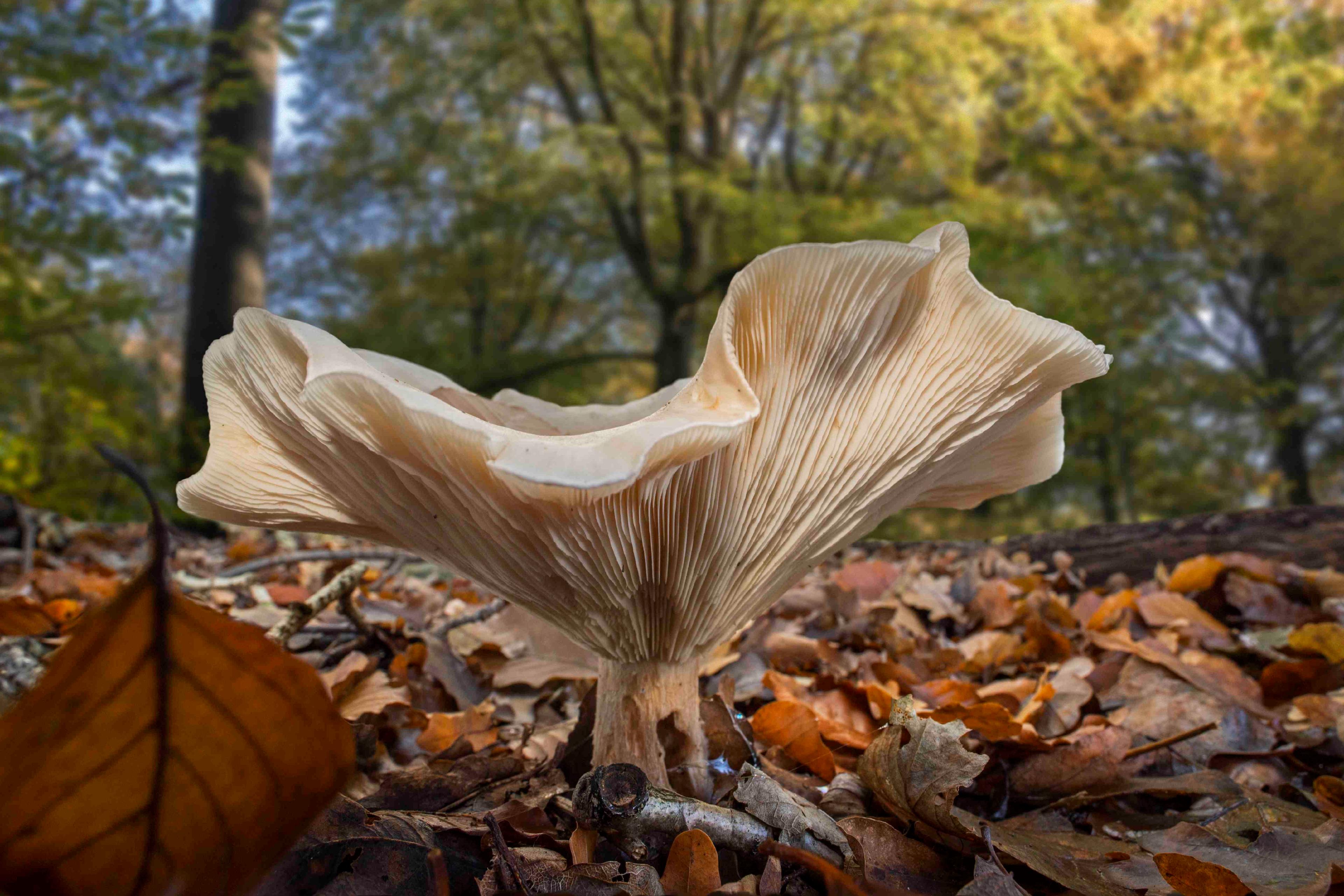
The fungal mind: on the evidence for mushroom intelligence
The evidence for fungal intelligence is in: they can operate as individuals, make decisions, learn, and have short-term memory
by Nicholas P Money

The evidence for fungal intelligence is in: they can operate as individuals, make decisions, learn, and have short-term memory
by Nicholas P Money
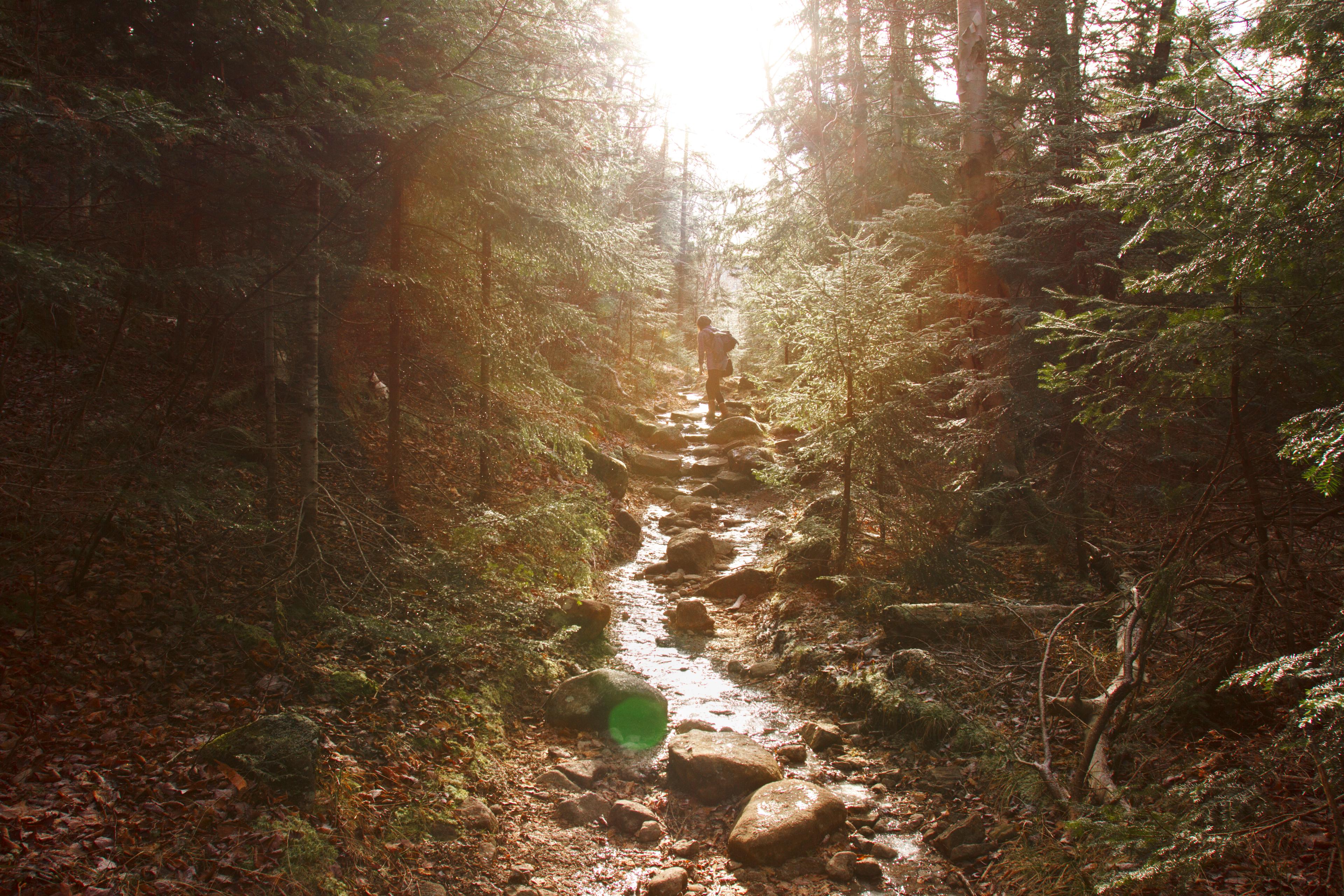
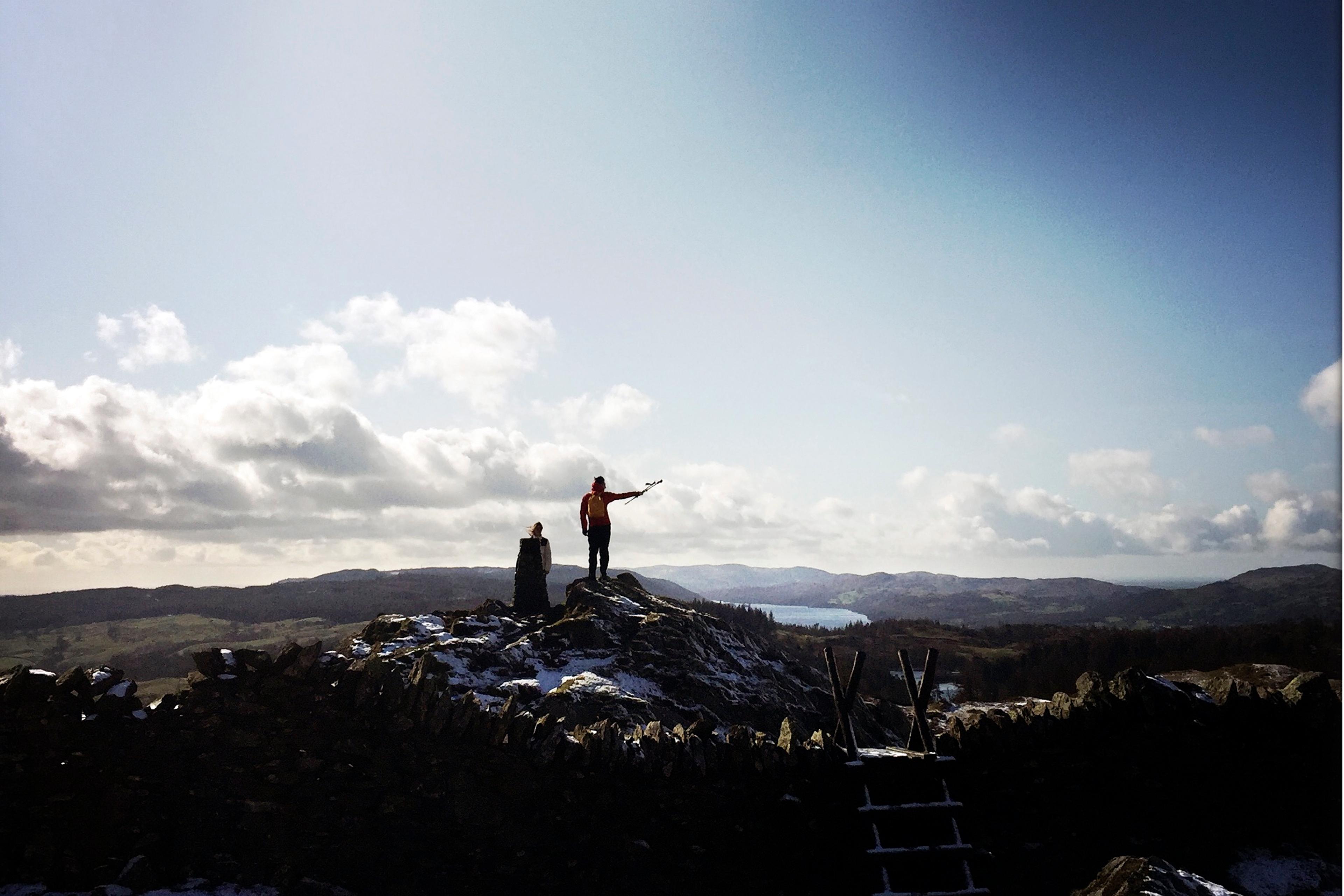
You didn’t evolve to live in this techno-industrialised world. Find health and happiness by embracing your wild nature
by Jessica Carew Kraft

Trees teach us that healing from trauma involves balancing short-term protection with the slower process of adaptation
by Beronda Montgomery
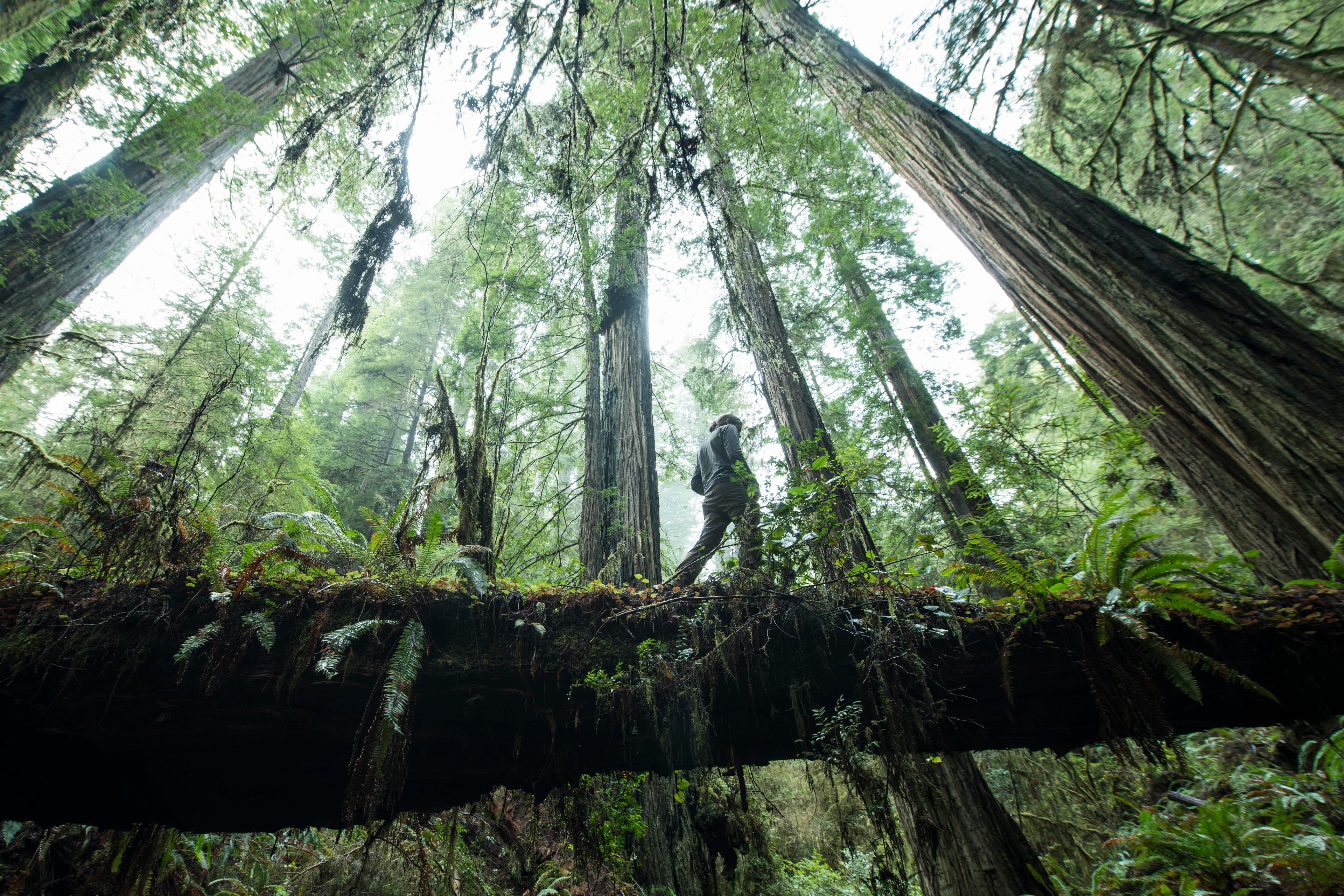
As the treadmill of life speeds up, sublime outdoor spaces help us tap into timescales that are longer, slower, planetary
by Vincent Ialenti
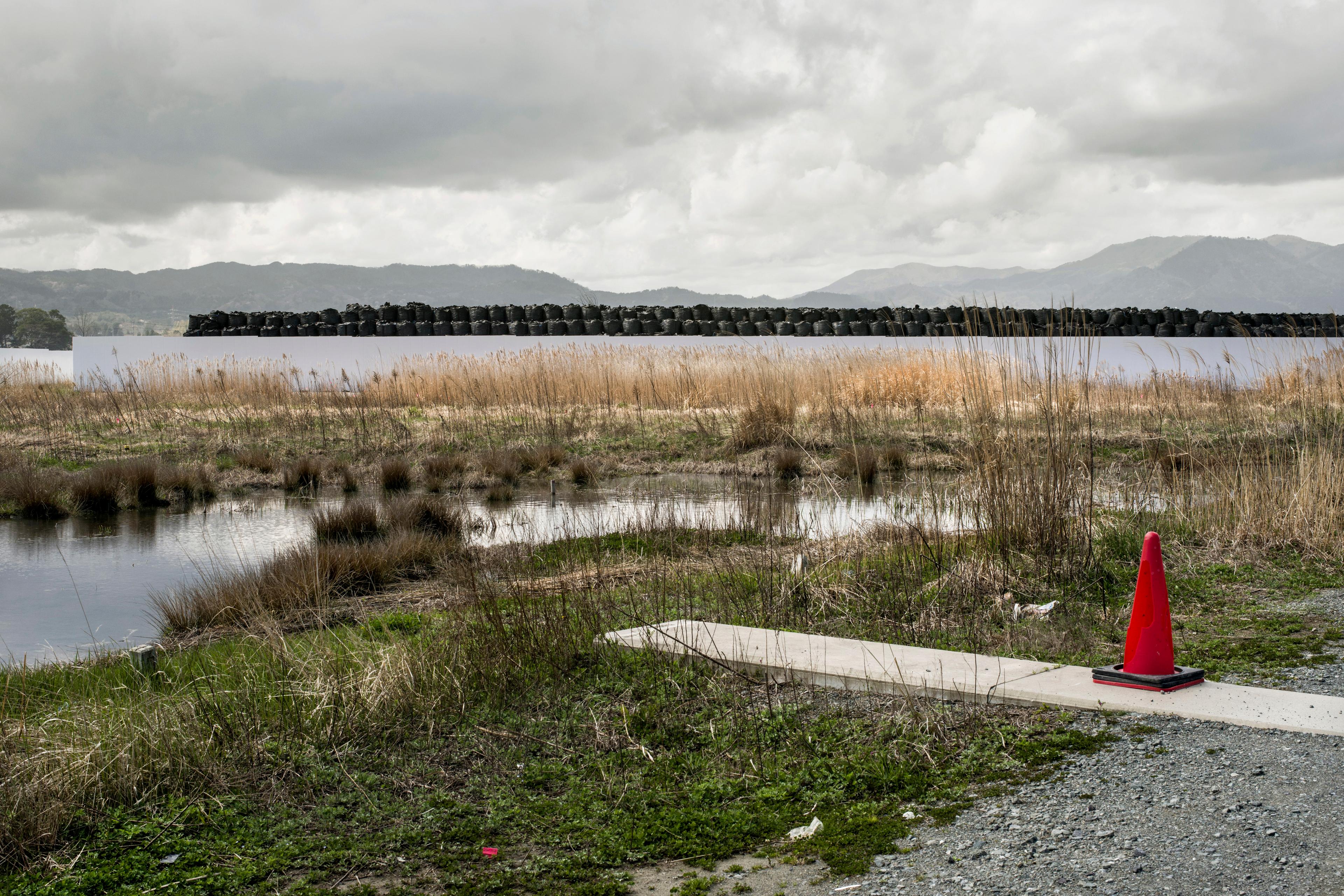
The living, the dead and the unborn are all here with us: we must respect their interests and their world as much as our own
by Roman Krznaric

Directed by Ryan Malloy
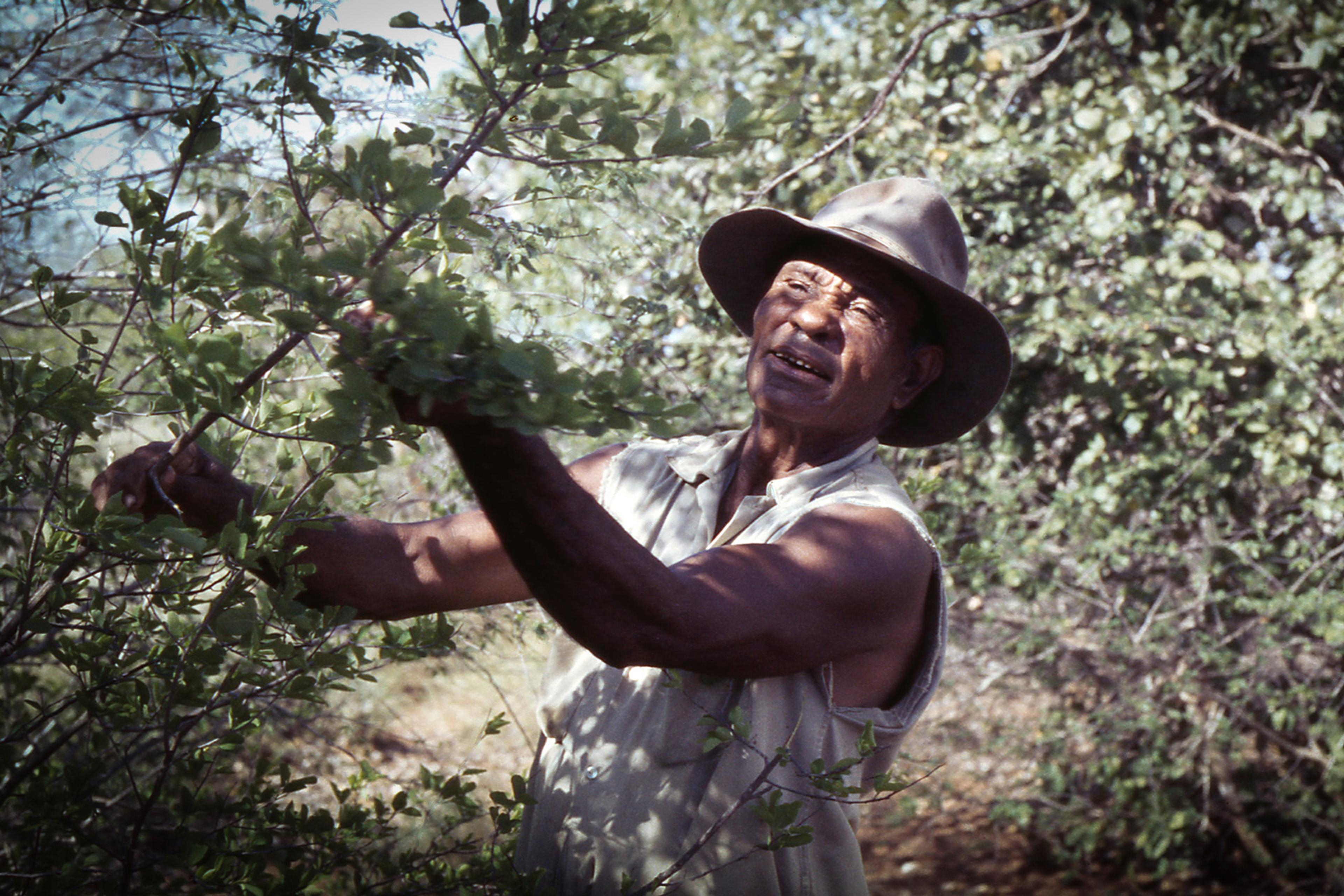
For Aboriginal peoples, knowledge is specific to cultures: what is true and relevant for one might not be so for another
by Stephen Muecke

We are raised by people, but we are also raised by the Earth – here’s what that means for our emotional development
by Vanessa Chakour
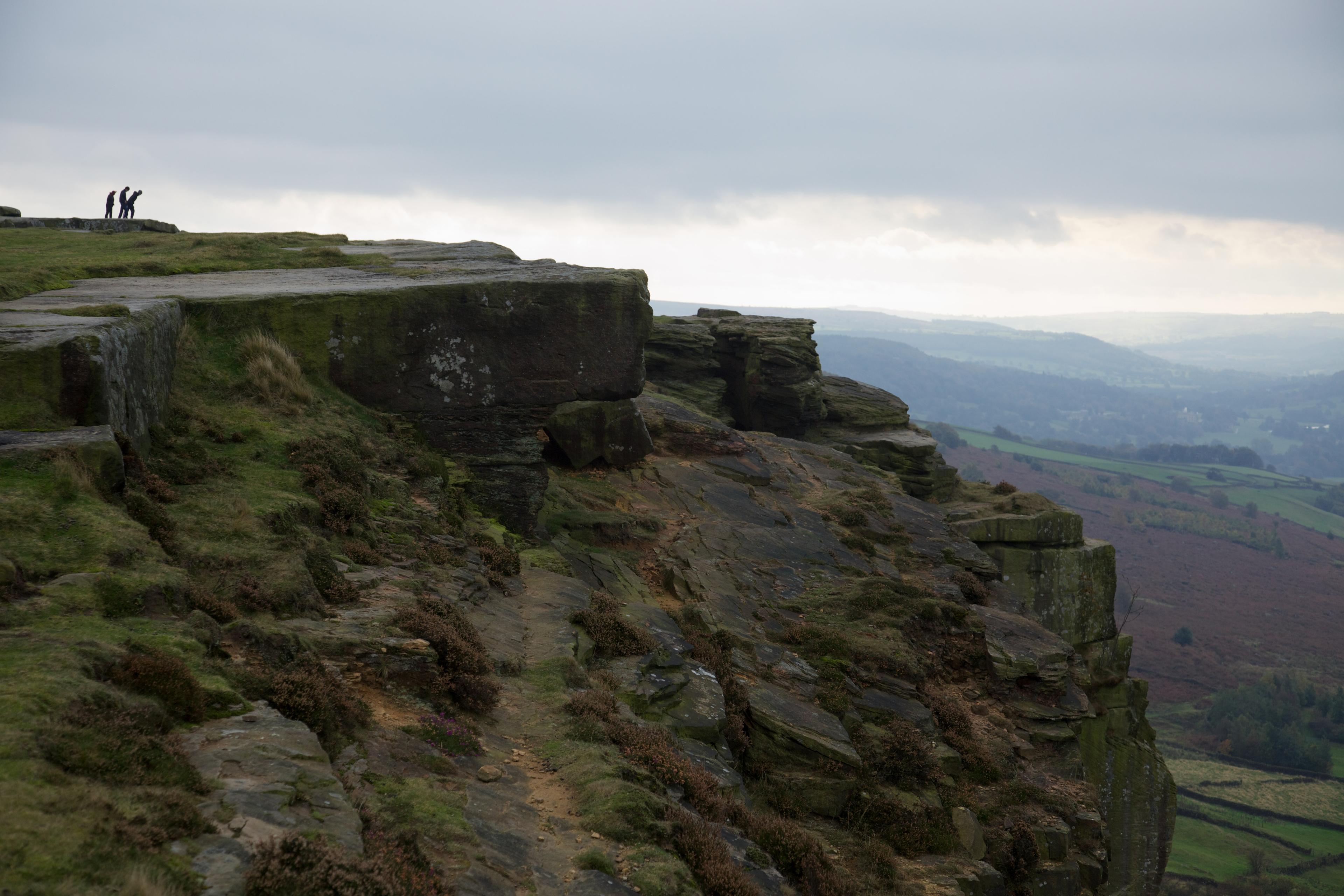
Experiencing awe in nature can transform our sense of connectedness to other people and help maintain a spiritual vitality
by T Ryan Byerly
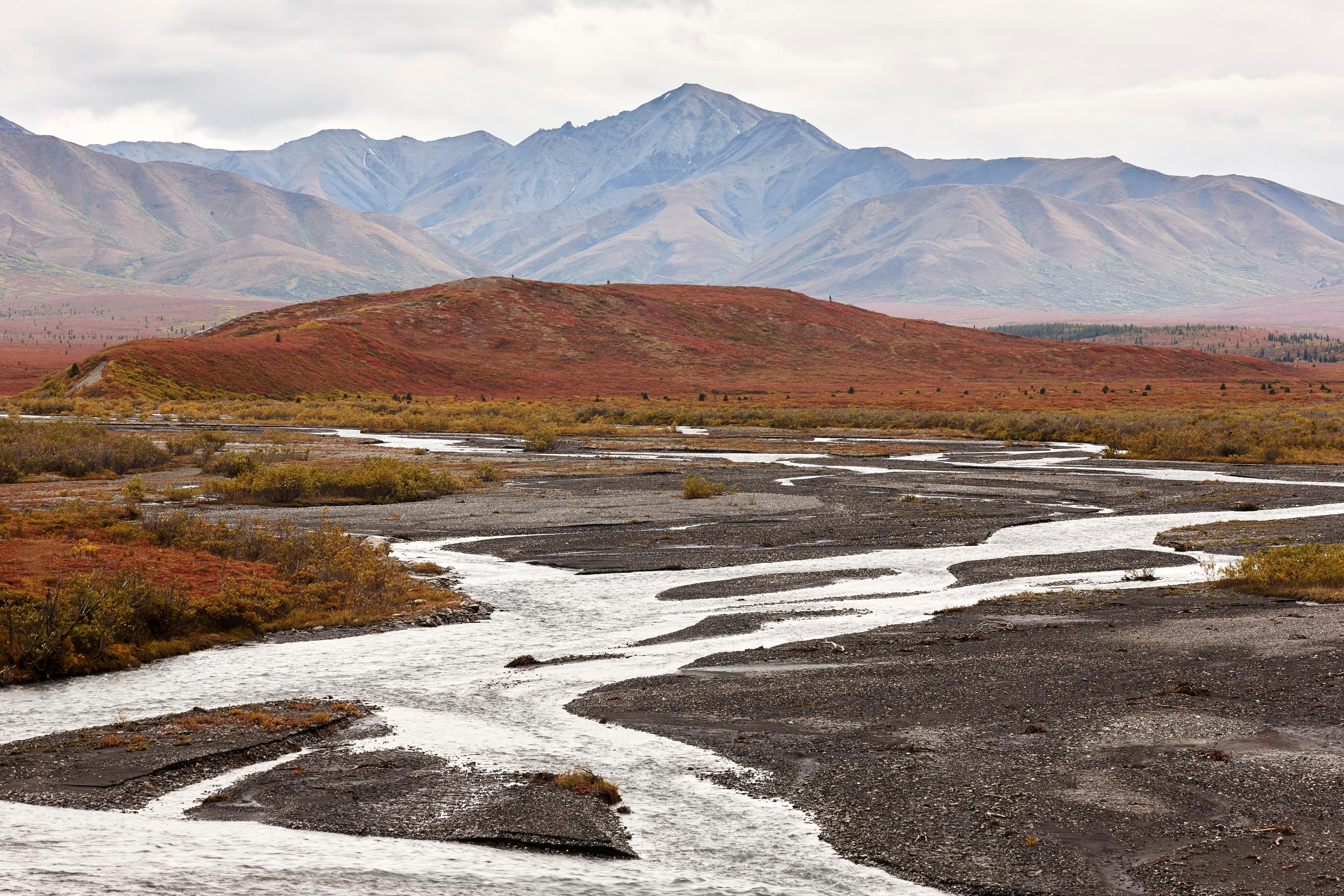
Asking what water wants sounds a bit mystical, even radical. But it’s a practical, proven path to creating a better world
by Erica Gies
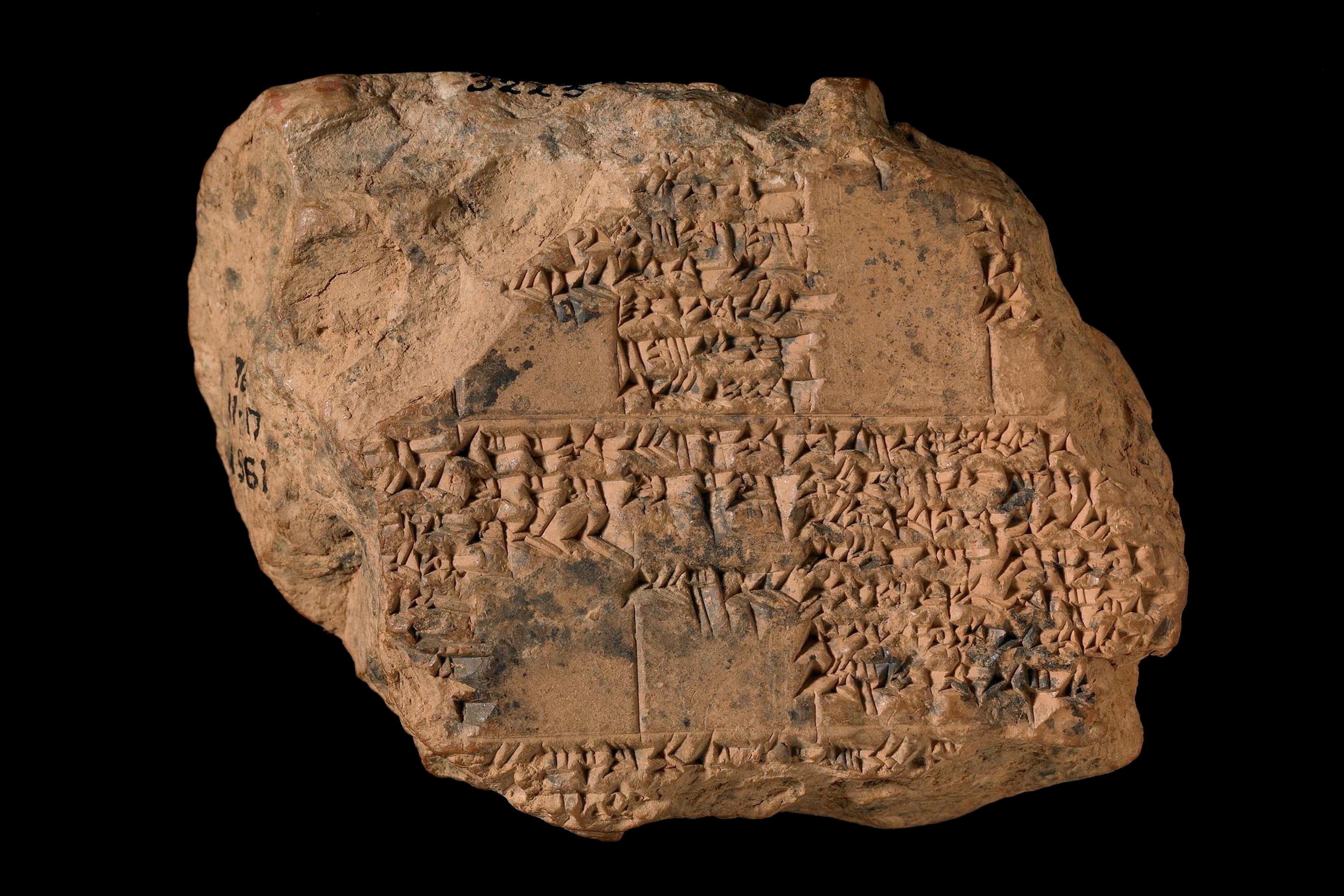
Ancient Babylonian astronomers help us see that our view of the world is as much a product of our senses as of our culture
by M Willis Monroe

Contrary to popular beliefs about winter sluggishness and depression, human cognition is not affected by the seasons
by Tim Brennen

Instead of ‘helicopter science’, we need Gilbert White’s intimate study of nature to understand global environmental change
by Yadvinder Malhi
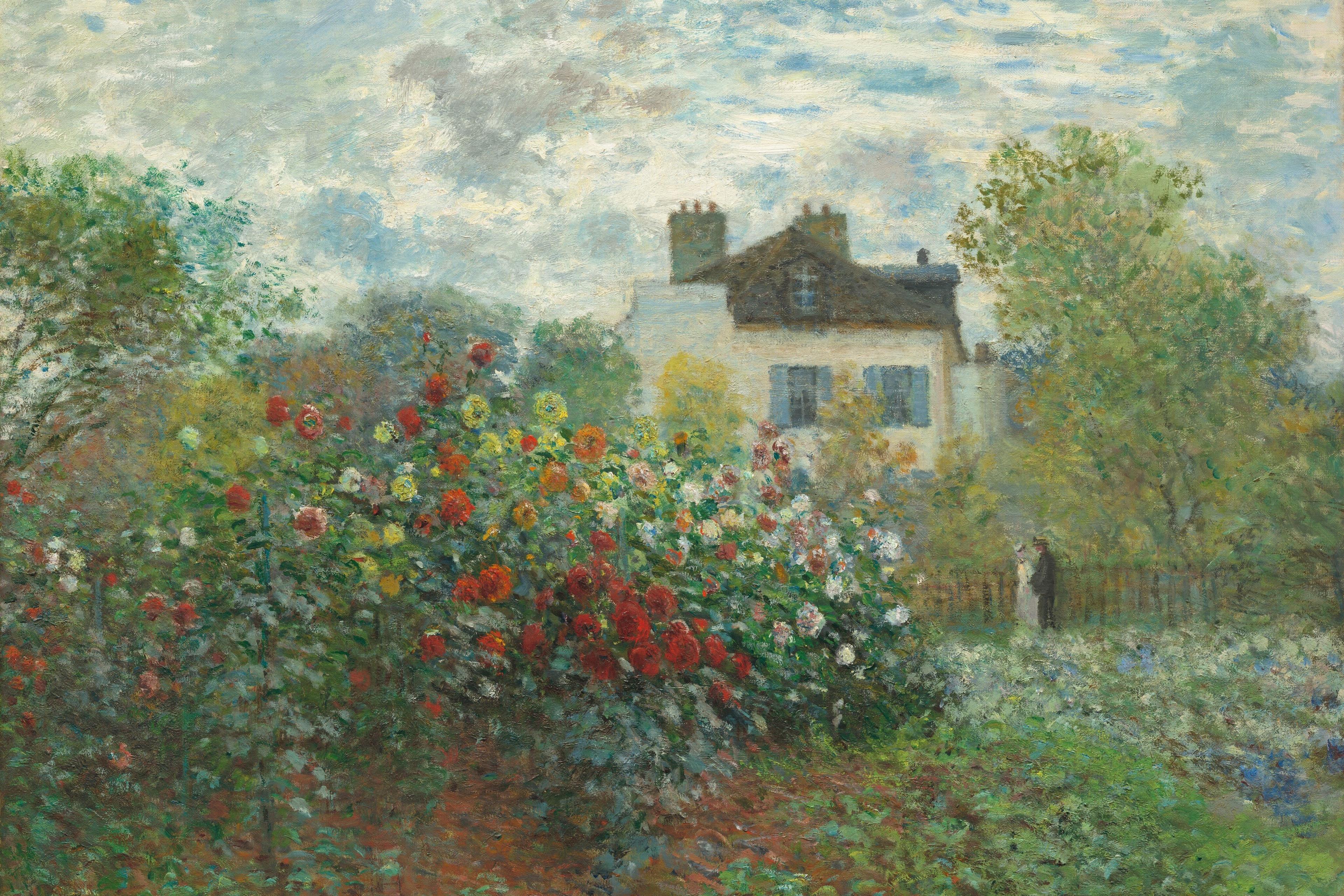
The garden as a source of authority beyond human wisdom – on Martin Heidegger’s philosophy of gardening for truth
by F Bailey Norwood
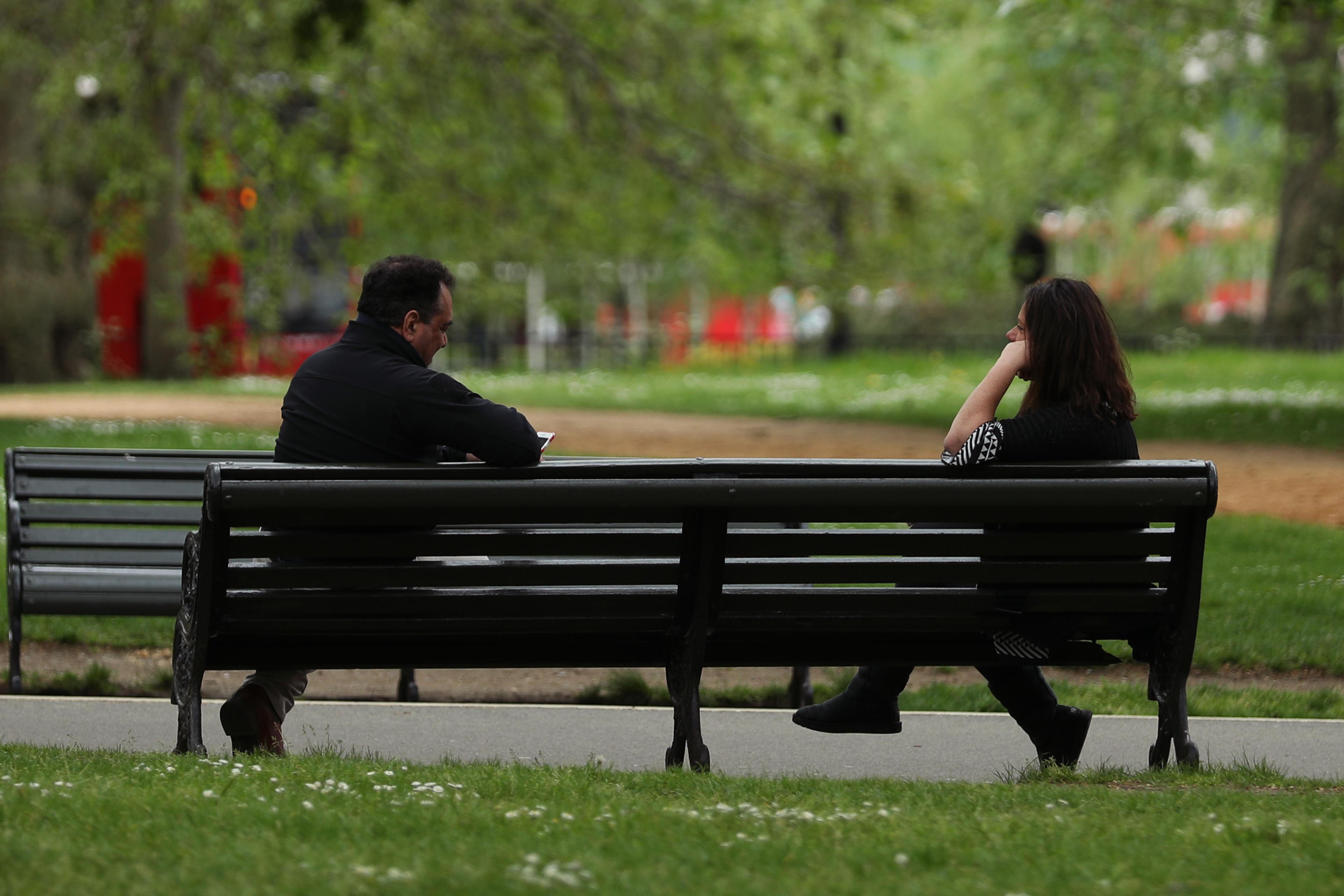
It’s important for psychotherapy clients to have a say not only over their type of therapy, but also where it happens
by Sam Cooley